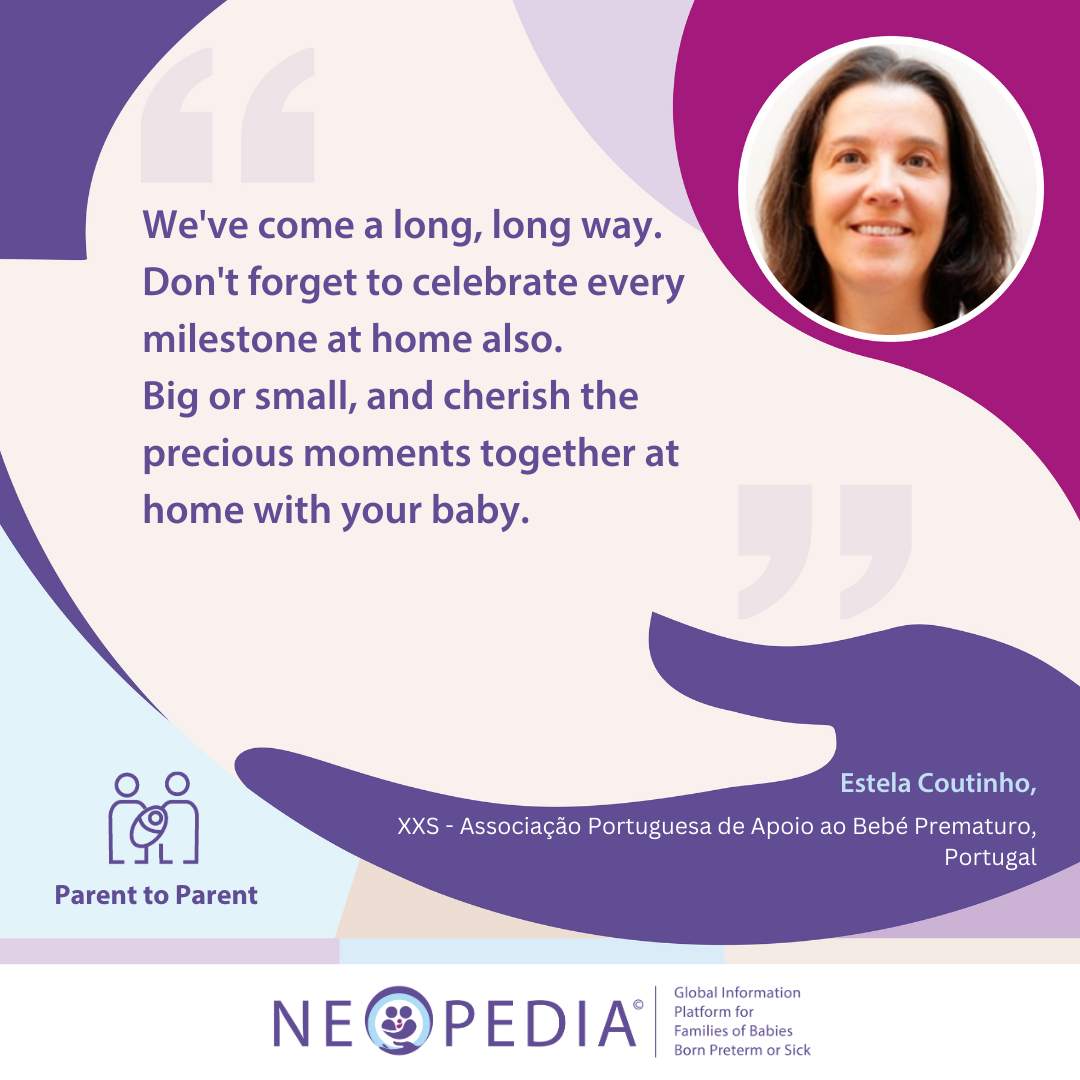
Corrected age and getting ready for kindergarten
Corrected age is commonly used to check a baby’s development until they are about two years old. At this point, most preterm babies are expected to be on track with their full-term peers, particularly in terms of their physical growth and development. After two years, uncorrected age (the age since birth) is often used to measure milestones. However, some experts think this switch at year 2 is too early because not all preterm children develop at the same pace and often, children born preterm continue to need time for maturation in terms of their learning, speaking, and social development. The effects of being born early can differ greatly depending on how early a baby was born and any health issues they might face.
Healthcare providers can offer guidance and help parents figure out if their child is ready for kindergarten, especially for those who faced challenges due to being born preterm or with health issues. Often, parents know better about if their child is ready for kindergarten more than anyone. Parents can also get guidance from developmental or occupational therapist⍰ who specializes in children preparing for kindergarten and preschool.
Some children might benefit from starting kindergarten a year later to help them develop further, particularly those born around the cutoff for school entry but due in the following year. When deciding if a child is ready for kindergarten, it is important to look at their motor, communication, social, physical, and emotional skills. Generally, the child needs to be able to separate from parent or caregiver and have support to engage with other children. For some children, this may be a step taken with ease, for others, it may be more significant and challenging. Younger children or those who are not as developed may find it hard to keep up with play and other activities that require coordination. In some countries, special daycare systems are available, such as smaller group sizes in kindergartens and more specialized teachers who support children with developmental differences or disabilities. Additionally, equipment is often provided to assist these children.
Parents are always recommended to attend all follow-up appointments with their child's family doctor, pediatrician⍰, therapists, and specialists, even if they think that they do not have any extra needs. These appointments can help doctors to identify the child’s strengths and progress as well as identify any developmental issues or delays and discuss preparations for starting school. For children born preterm, in many countries quarterly check-ups are available and a face-to-face, comprehensive developmental assessment is recommended at the age of two. Those born before 28 weeks may additionally need another assessment at four years and even later at school age, which can identify if a child needs extra support or has additional challenges that were not apparent earlier.
Considering whether to delay your child’s school entry
Children born preterm may have special educational needs that affect their development. These can include delays in sitting, walking, talking, and potty training, as well as taking longer to process information or finish tasks. Some children may struggle to focus on tasks, as preterm babies are more likely to develop Attention-Deficit/Hyperactivity Disorder (ADHD)⍰. Hand-eye coordination issues can also be common, affecting activities like handwriting or getting dressed. Other challenges might affect their social skills. For example, trouble handling different sights, sounds, or feelings (also referred to as sensory processing difficulties) can make it harder for them to join in activities, play, or explore. Some may find it difficult to make friends or communicate, and there is a slightly higher chance of autism⍰ in children born preterm. Emotional challenges, such as shyness or anxiety⍰ can also happen.
Some parents of children born preterm or with health challenges request a delayed start to school to allow them more time to grow and prepare for full-time education. It is important to make the most of the extra year of pre-school by focusing on intensive support for your child. This time should be more than just an extra year of play – it is a chance to build important skills and help them get ready for the next steps in their learning journey. Every child is different, and as a parent, you know them best. Some parents feel their child is ready to start school at the usual time based on their actual birth date, while others think it might be better to start a little later, following their corrected age. This is especially true for those entering an older year group than they would have if born at full term.
Research suggests that starting school later may not boost academic achievement as much as some might believe, and in some cases, it even leads to a lower performance at school. The results point to other factors, like support at home and school readiness, that play a bigger role in success. Another study found that many teachers knew little about the challenges faced by children born preterm and were often unaware of their specific needs. The study suggests that greater awareness and tailored support from teachers could help these children do their best in school.
Trust your instincts and their expert opinion, talk to your local authority and the schools you are considering. It is important to communicate with the schools early on to determine the best option or setting for your child and to understand what the school can and will provide. Ideally, delaying entry should still allow your child to have the full exposure to school when they enter, rather than skipping a year. Attending the right school can be a great place for them to receive the specialized support they need right from the start.

